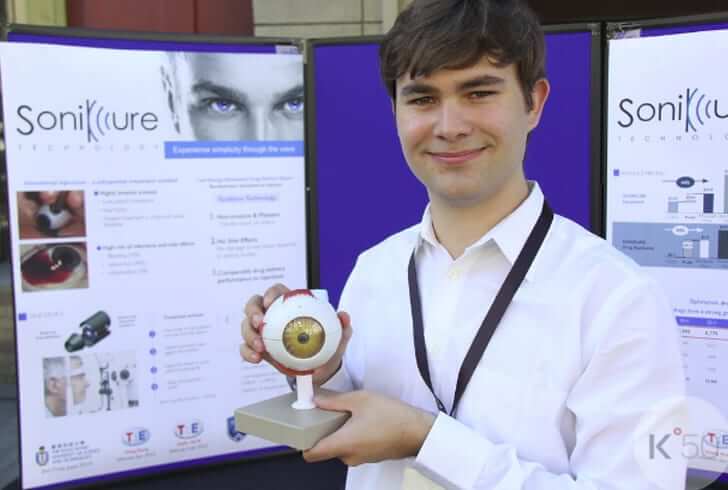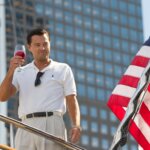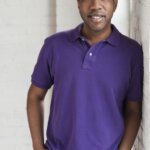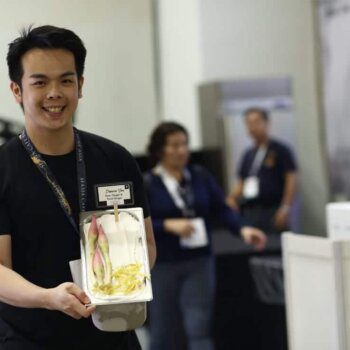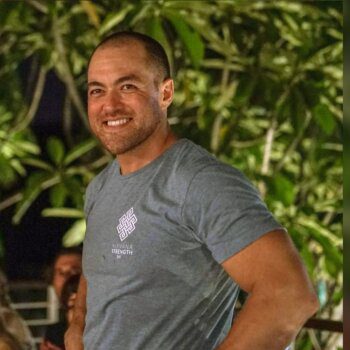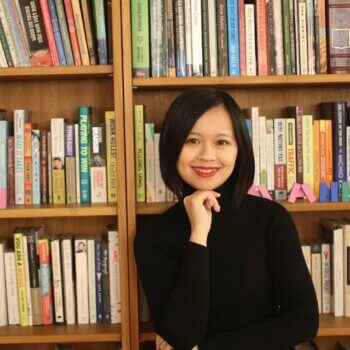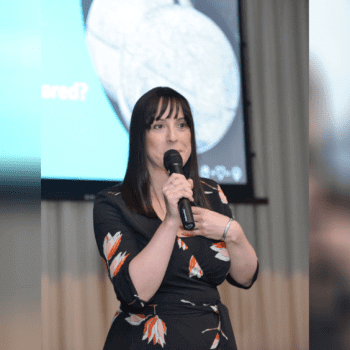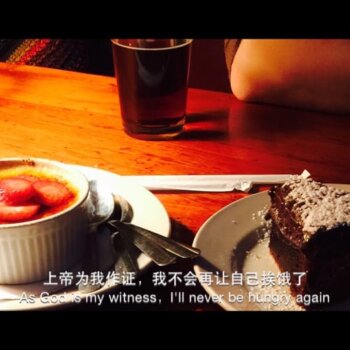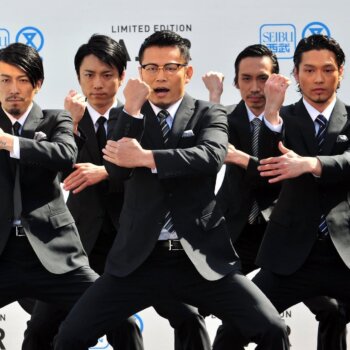Jan Engels is currently completing his PhD in Hong Kong. He is also busy setting up a company to bring a non-invasive ultrasound device to the market to replace eye needles and help patients and eye doctors during the drug delivery process.
What’s your story?
I am from Germany and I’m 26 years old. I recently graduated from the Hong Kong University of Science and Technology (HKUST) with my PhD in Chemistry and Nanotechnology. I first moved to Hong Kong during my UG exchange studies, followed with a direct PhD offer after I graduated a Bachelor degree back in 2013. I first got into entrepreneurship during my PhD studies based on coursework, business plan competitions and founding a student run entrepreneurship network which lead me to founding a medical device startup with a fellow PhD student based on his research. The technology aims to replace highly invasive needle injections for drug delivery in the eyeball with a non-invasive ultrasound for drug delivery. We are currently aiming for our seed funding.
What excites you most about your industry?
The medical device industry excites every week with new research findings, market approvals and novelty curing diseases, helping patients and more. Further, the success rate of medical research or startups is low; the payback is much larger than just cash but also in helping patients in need which is one of the main driving factors for me within the medical industry.
What’s your connection to Asia?
I’ve been doing judo since a young age, which gave me my first contact with the Asian culture and mindset. Travelling around China during my undergraduate studies, I became fascinated in the different countries, languages, food and culture. Now I’ve been living in Hong Kong for more than four years and this has given me further opportunities to travel around Asia and studying here.
Favourite city in Asia for business and why?
Obviously it is Hong Kong. I’ve been here since 2012 and everyday, the city fascinates me. Not only is Hong Kong a mix of east and west cultures due to its British past, but also the freedom of speech, Internet and communication are great. Also, Hong Kong acts as a doorstep to mainland China which is potentially the largest market in the future. Although Hong Kong has been named the most expensive city in the world based on rent costs, the food and transportation are still very cheap compared to other cities in the west. Reaching half of the world population from Hong Kong by flight makes it a special hub for doing business, networking and connecting with the world.
What’s the best piece of advice you ever received?
Startups are not about money. Many people dream of becoming the next Mark Zuckerberg or Richard Branson and billionaires overnight. The fact is, starting a company means a lot of effort, many extra hours and low salary but the excitement comes first and the success and money is just a side product of your effort.
Who inspires you?
I once a talked with Mr. Jebsen, the chairman of Jebsen Group Trading Conglomerate who is based in Hong Kong. When talking to him he told me that for him and his family business, people and employees come first over profit and annual company growth.
What have you just learnt recently that blew you away?
This is closely related to my PhD thesis, which was easier than expected. However, I then realised, when you are working it all becomes more difficult in practice. Essentially, you become an expert over time which makes former difficulties easier because you already have the right mindset and knowledge.
If you had your time again, what would you do differently?
I would have moved to Hong Kong earlier and I would have started learning Chinese or Cantonese much earlier.
How do you unwind?
Next to my busy student life and starting a company, I like to travel. Being out of busy and noisy Hong Kong refreshes my mind. But I can also relax in Hong Kong in places. Hong Kong has a lot of nature and beaches for swimming and relaxing.
Favourite Asian destination for relaxation? Why?
Bangkok is definitely one of my favorite places to relax. The flights from Hong Kong are relatively cheap as are the hotels which makes it worth it to fly over for a long weekend to relax, get a Thai Massage and enjoy the food.
Everyone in business should read this book:
I read a lot of different books, ranging from fantasy and science fiction to business books such as ‘Rich Dad, Poor Dad’ by Robert Kyosaki which is a must for anyone who wants to change his or her mindset on money. Also, I’m currently reading and book by Benjamin Franklin, ‘The Way of Wealth.’
Shameless plug for your business:
Getting highly invasive needle injections in the eyeball every month is a painful and horrible procedure for the patient but also medical doctor. We want to bring a non-invasive ultrasound device to the market to replace the needles and help the patients and the eye doctors with pleasant eye massages during the drug delivery process.
How can people connect with you?
Email: [email protected]
—
This interview was part of the Callum Connect’s column found on The Asian Entrepreneur:

Take the ‘Key Person of Influence’ scorecard <http://www.keypersonofinfluence.com/scorecard/>
Connect with Callum here:
twitter.com/laingcallum
linkedin.com/in/callumlaing
Get his free ‘Asia Snapshot’ report from www.callumlaing.com
